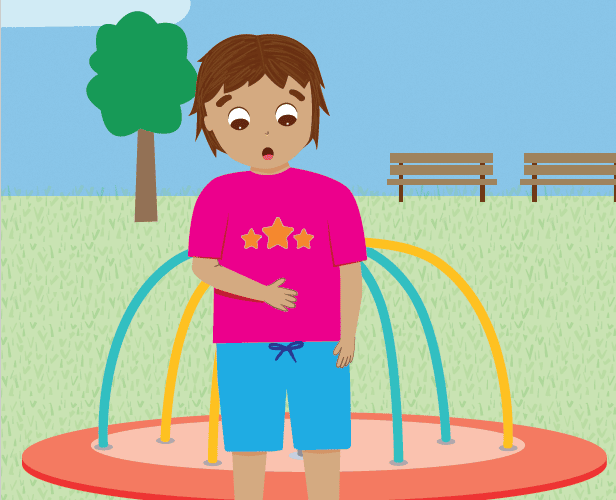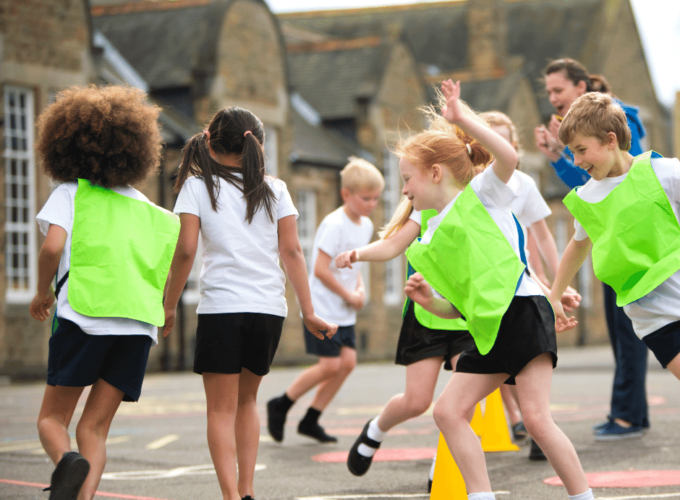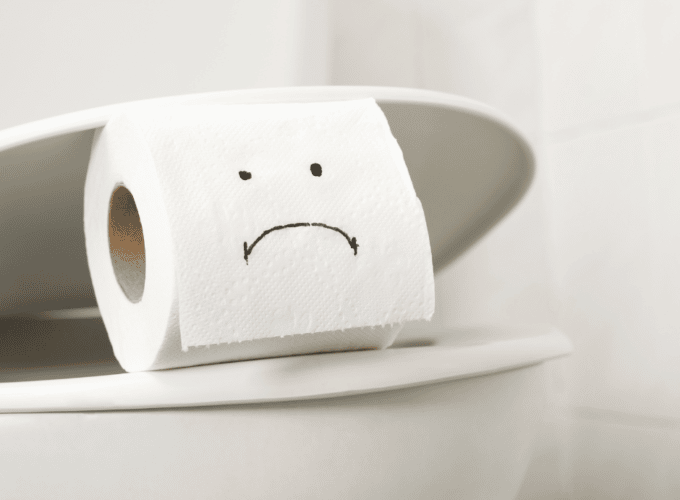Toilets and school readiness
Children starting in reception is an exciting but also potentially anxious time for parents. If your child isn’t quite clean and dry, or they have a medical condition such as constipation it can be an additional source of worry.
What if they have an accident in class? How do I talk to their teacher about this?
Keep reading for tips and information to help take the worry out of starting school.
How did potty training go?
Is your child reliably clean and dry in the daytime? If the answer to that is no, don't panic! Maybe you've been trying but things haven't been going well...
There can be reasons why children struggle to get their wees and poos in the potty or toilet. Help is at hand below.
If you haven't starting potty training yet, look at our information on how to potty train.
Children with additional needs may need extra time and effort with toilet training. We have information and support on tailoring toilet training to support your child’s individual needs and capabilities.
How to keep bladder and bowels healthy
Making sure your child's bladder and bowels are working like they should is really important.
- Check your child has plenty of fluids - a minimum of 6-8 drinks every day.
- Don't limit their drinks to help them stay dry - it doesn't work! The bladder needs to be properly filled and emptied to behave properly.
- Let your child choose a water bottle for school, and get them to practice using it. Talk to their teacher to find out what the practice is for allowing children to refill during the day and to be able to keep on their desk.
- Praise your child if when they come home with an empty water bottle or tell you they refilled it during the school day.
If your child is struggling to get dry in the daytime despite plenty of work on healthy bladder and bowels, look at our factsheet: Advice for children with daytime bladder problems.
Take a look at our Wee checker to see what colour their urine should be and how much they should be drinking.
Could your child be constipated?
A third of all children struggle with constipation. This can also cause wee problems because the bladder and bowels are closely related. If your child is constipated their tummy may be so full of poo that it makes their bladder misbehave!
Take a look at our Poo Checker to find your child’s poo type and what it means.
Read our factsheet, Advice for Children with Constipation and checkout the symptoms of constipation. Your child only needs two of those symptoms to be diagnosed with constipation.
Wee and poo accidents at school
For some children it just isn’t possible to get clean and dry before they start school. Information about toileting/changing can be found on our school toilets page.
Like with any big change in routine, there's a lot for your child to adapt to when they first start school and toileting accidents are common. It may be the first time they've used the loo away from home and there are lots of distractions in the class room. Pack them a bag with some spare clothes, pants and wipes so they have these ready.
Accidents usually settle down after a few months, but if you're feeling worried, speak to your child's teacher and look at our resources on bladder and bowel problems if you think something else could be going on.
Tips to make starting school less stressful
Here are some tips for making your child’s transition into primary school easier:
- Relax and try not to panic! Look at our website, use our resources, or contact our helpline. There is lots of help and support available and medical conditions such as constipation are very common and treatable. We run free parent webinars every month so keep checking our website page and socials for information.
- Speak to the school. Inform their new teacher and/or SENDCo about your child’s needs. Show them the ‘School Toilets’ information on our website. Complete an Individual Healthcare Plan like the one on our website and look at our Intimate Care Policy.
- Do some research. Have a look at the school's medical needs or uniform policy if your child will be wearing protective underwear and a reminder watch.
- Get local info. Ask your child’s school to send you information about the local school nursing team and parent, carer forum. They will be able to offer you lots of support and advice. You will quickly discover you’re not alone as bladder and bowel conditions in young children are very common.
- Practice using the toilets away from home with your child so they get to experience different types of flushes and hand dryers for example.
- Prepare. Consider the type of clothing your child will be wearing at school, make is as easy as possible for your child to undress. Buttons, zips and tights can be tricky for children so look for elasticated waist bands and long socks where possible. Look in the ERIC shop at our range of protective underwear, vibrating watches and items such as TomTags and other visual aids.
- Get into a routine. Treat any constipation and get your child into a positive toilet programme by ensuring they are drinking plenty and using the toilet 20/30 minutes after eating breakfast, lunch and dinner.
What about night time?
Your child may still be wet at night - if so don't worry! This is quite normal and bedwetting is only considered to be an issue which can be treated from 5 years upwards.
Some children are dry at night soon after achieving success in the daytime - for others it is much later.
Here are some thing to work on with your child:
- The first step for everyone is to work on a healthy bladder and healthy bowels - so keep an eye on those drinks and always watch for constipation.
- Make sure your child gets into the habit of having their last drink an hour before bedtime, and then doing a wee last thing before sleep.
- Make sure their mattress is protected with a waterproof cover so accidents don't matter. Look at the bedding protection in the ERIC online shop.
- Some children do struggle to get dry at night - check out our factsheet: Advice for children with night time wetting.
Read our story book together with your child to find out what can happen if you put off going to the loo.
Restricting access to the toilet at school can aggravate or even create continence problems. Find out what your child's rights are at school around using the toilet.
Get help understanding how fear of the toilet can affect your child and how you can support them to overcome their worries.
Upcoming events
Share this page



